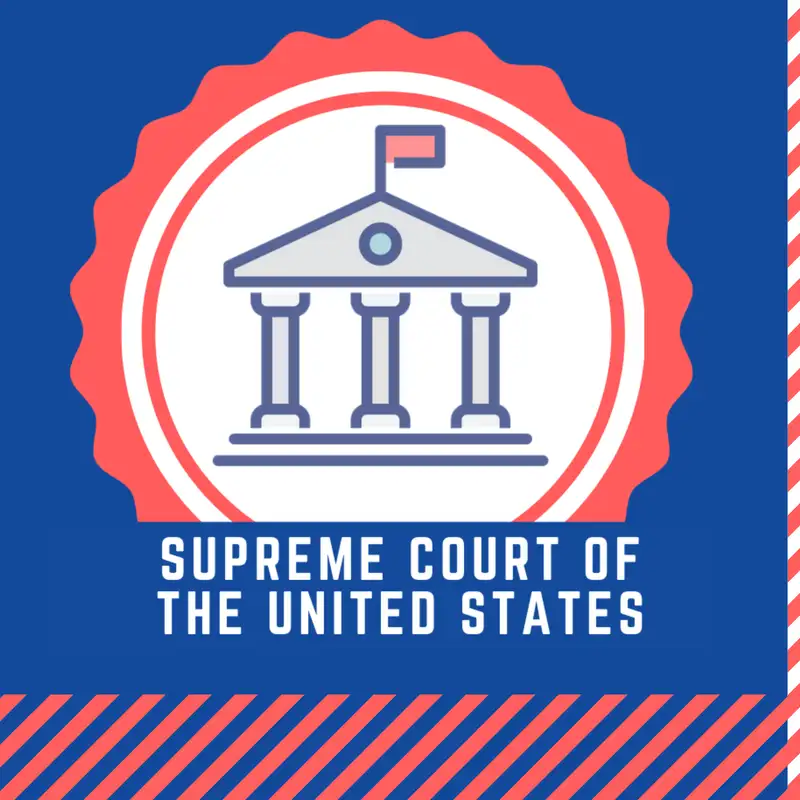Case: 17-834 Kansas v. Garcia (2019-10-16)
QUESTION PRESENTED:
In 1986, Congress enacted the Immigration Reform and Control Act CIRCA (IRCA). IRCA made it illegal to employ unauthorized aliens, established an employment eligibility verification system, and created various civil and criminal penalties against employers who violate the law. 8 U.S.C. § 1324a. Regulations implementing IRCA created a "Form I-9" that employers are required to have all prospective employees complete-citizens and aliens alike.
IRCA contains an "express preemption provision, which in most instances bars States from imposing penalties on employers of unauthorized aliens," Arizona v. United States, 567 U.S. 387, 406 (2012), but IRCA "is silent about whether additional penalties may be imposed against the employees themselves." Id. IRCA also provides that "[the Form I-9] and any information contained in or appended to such form, may not be used for purposes other than enforcement of [chapter 12 of Title 8] and sections 1001, 1028, 1546, and 1621 of Title 18." 8 U.S.C. § 1324a(b)(5).
Here, Respondents used other peoples' social security numbers to complete documents, including a Form I-9, a federal W-4 tax form, a state K-4 tax form, and an apartment lease. Kansas prosecuted Respondents for identity theft and making false writings without using the Form I-9, but the Kansas Supreme Court held that IRCA expressly barred these state prosecutions. This petition presents two questions, depending on the answer to the first question:
- Whether IRCA expressly preempts the States from using any information entered on or appended to a federal Form I-9, including common information such as name, date of birth, and social security number, in a prosecution of any person (citizen or alien) when that same, commonly used information also appears in non-IRCA documents, such as state tax forms, leases, and credit applications.
- If IRCA bars the States from using all such information for any purpose, whether Congress has the constitutional power to so broadly preempt the States from exercising their traditional police powers to prosecute state law crimes.
Argument Transcript: https://www.supremecourt.gov/oral_arguments/argument_transcripts/2019/17-834_jifl.pdf
--- Support this podcast: https://anchor.fm/scotus/support ★ Support this podcast on Patreon ★